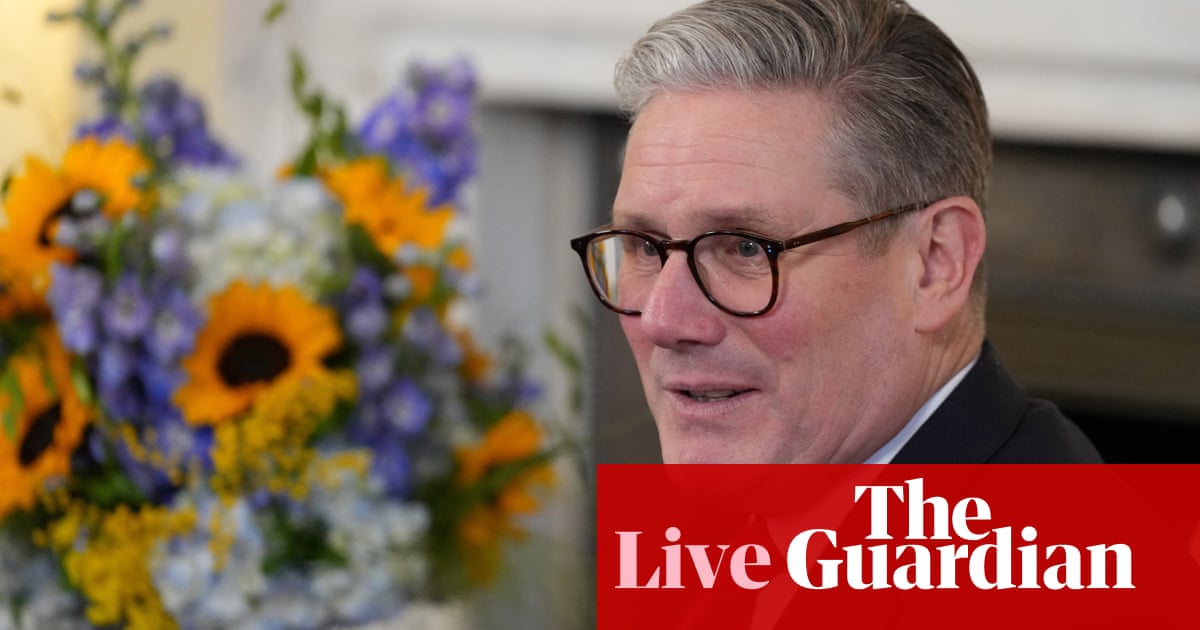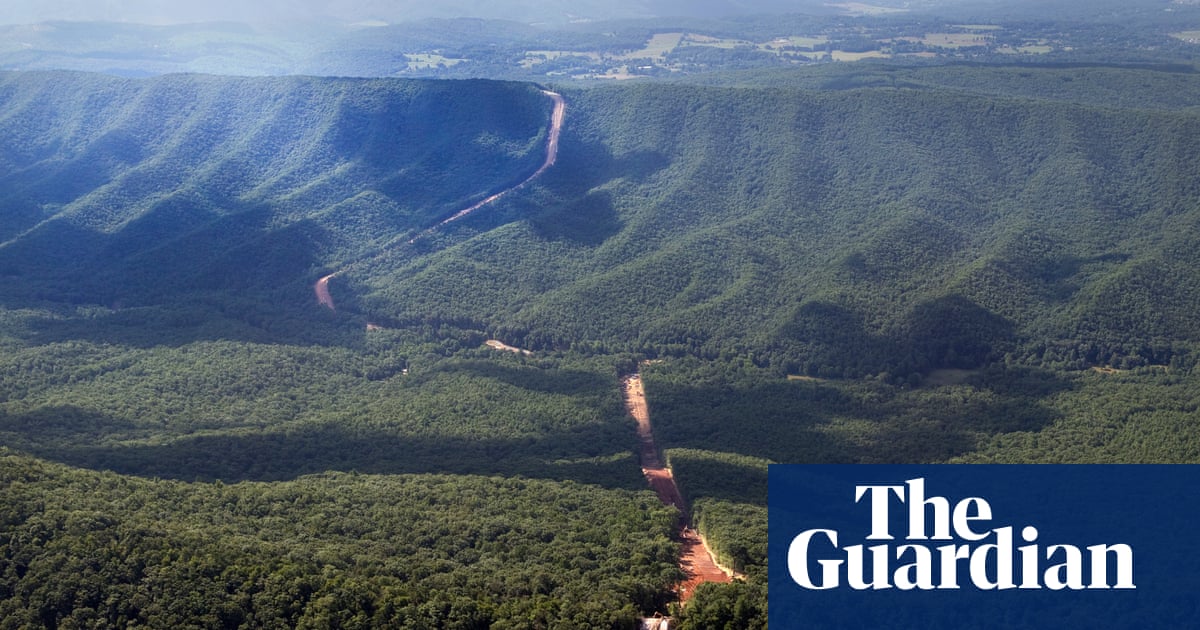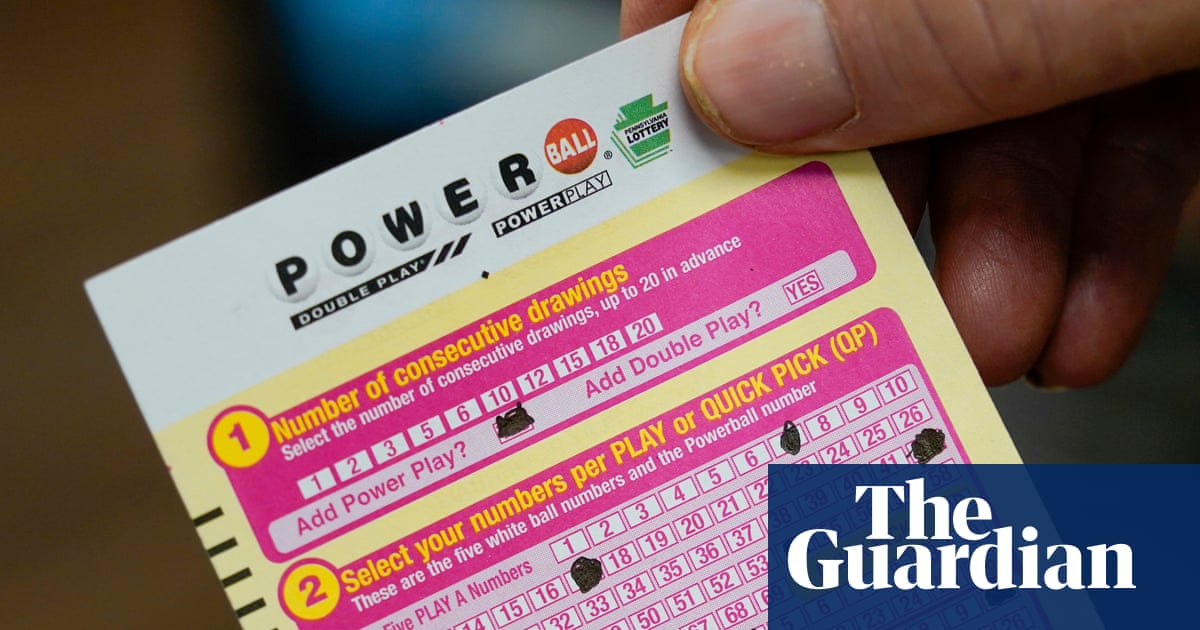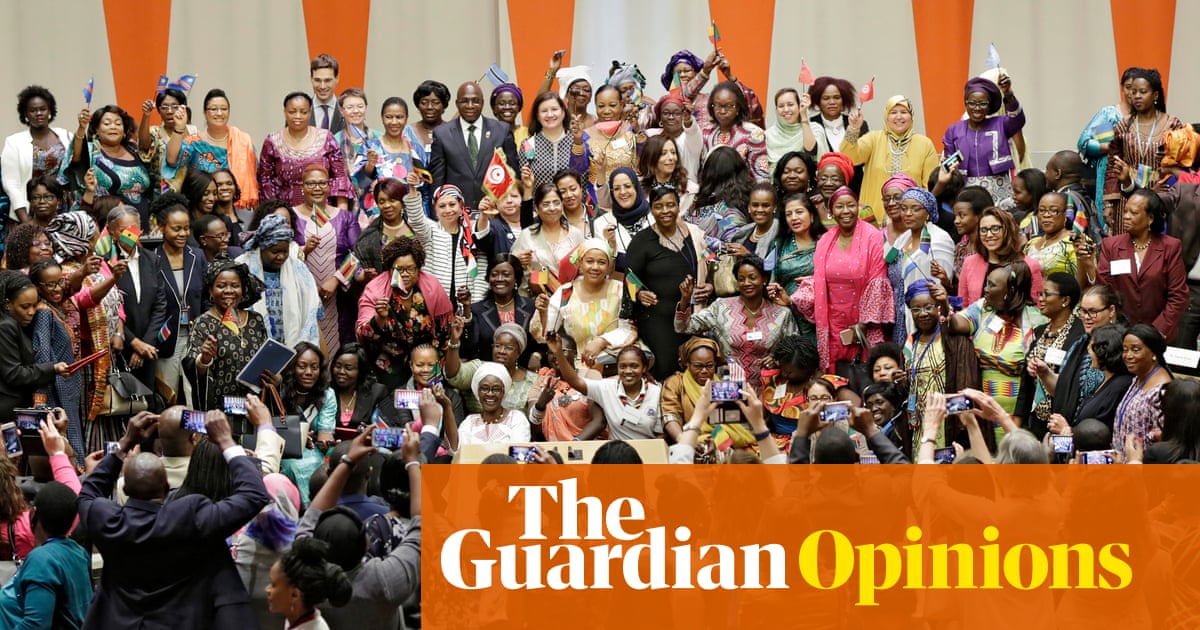Fiji’s defence minister has stressed the need for stability in the Pacific and welcomed moves to strengthen security ties with the US, while adding to criticism over China’s recent missile test for posing a threat to peace in the region.
Fiji, a country of about 1 million people strategically located in the Pacific, maintains ties and receives support from Washington and Beijing amid a wider struggle for influence by the two powers in the region.
In November, the US secretary of defence, Lloyd Austin, made a historic visit to Fiji, pledging $4.9m to modernise the country’s military and signing a deal on “logistics cooperation”. The two countries are also in talks over a status of forces agreement which would set rules for US military personnel in Fiji. The agreement would enable the US to “deploy and redeploy forces in support of Fiji”, Austin said.
Speaking to the Guardian, Fiji’s defence minister Pio Tikoduadua said the $4.9m pledged by the US will help the country’s military “change some of its weapons, particularly the small arms, such as rifles that the peacekeepers use abroad”.
Fiji, Papua New Guinea and Tonga are the only Pacific countries that have their own militaries. The US agreement would support Fiji’s forces as it seeks “the best and latest weapons, that’s why we need to renew the capabilities of our soldiers sent out for peacekeeping,” Tikoduadua said.
Fiji has about 4,000 personnel in its regular forces deployed in assistance missions including in Iraq, Golan Heights and South Sudan.
Austin’s visit to Fiji was the first by a US defence secretary to the Pacific country. It marked the latest effort by Washington to increase aid to island nations and boost security partnerships as it jostles with Beijing for influence in the Pacific.
China has also delivered aid and policing assistance to countries across the region. Earlier this year, Fiji said it would uphold a policing cooperation agreement with China after reviewing the deal. But Beijing prompted concerns after conducting a missile test earlier this year in the Pacific Ocean.
After the launch in September, New Zealand’s foreign minister, Winston Peters, said the test landing in the South Pacific was “an unwelcome and concerning development”. Tikoduadua joined other leaders in the Pacific – including China-aligned Kiribati – in criticising and raising concern over the test.
“China is a friend to Fiji, and we respect each other. It’s unfortunate that they’ve fired this missile into our space, I hope they don’t fire another one because friends don’t do that to each other. Friends don’t go shooting missiles into each other’s neighbourhood,” Tikoduadua said.
“We want to live in an ocean of peace. Our space is not for nuclear or missile testing.”
A statement from the Chinese embassy in Fiji said the test launch was “in line with international law and international practice” and “not directed against any country or target”.
It said the test was “normal military training” and China “supports the efforts of relevant countries to establish nuclear-weapon-free zones”.
Tikoduadua emphasised the importance of bigger countries respecting the sovereignty of Pacific Islands and said Fiji made its decisions independently. He added Fiji was “not trying to please the US or China” but wanted to pursue stability in the region.
“We stand for democracy as well and the values it entails, we want to work together in the future to look at common ideals and security interests,” he said.

 2 months ago
37
2 months ago
37













































